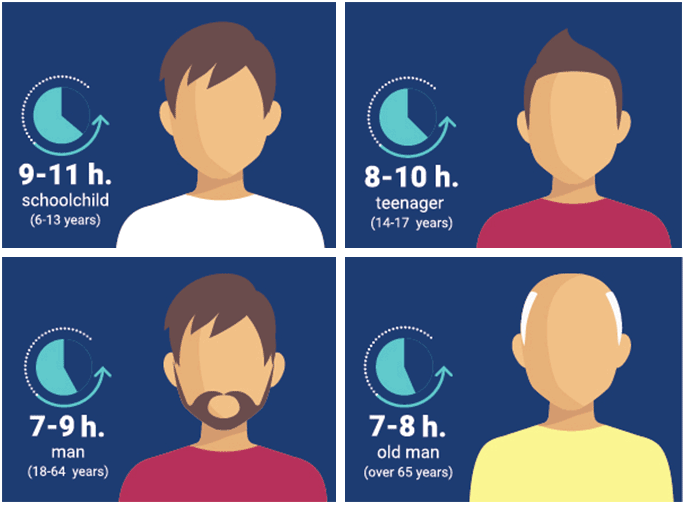National Sleep Awareness Week
- Category: Health & Wellness, Sleep
- Posted On:
- Written By: LVMC

Sleep, precious sleep. After a long day of work and play, going to sleep is something many of us look forward to. But are you getting enough? While we all know that eating nutritious foods and getting exercise is important for our health, we hear less about the importance of sleep. Getting enough rest is critical to your overall health and well-being.
Most of us feel better after a good night’s sleep, but too few of us actually get the recommended 8 hours of sleep each night. Family responsibilities, work priorities, and stress can sometimes make getting enough Z’s difficult, which can cause a “sleep debt.” For some, living with a sleep debt means they have forgotten what it means to feel well and truly rested.
Sleep is a critical pillar of health and has a tremendous impact on our overall health and well-being. To raise awareness of the importance of sleep, the National Sleep Foundation has designated National Sleep Awareness Week. This week is meant to raise awareness about sleep as an important component of living a healthy lifestyle.
How Much Sleep Should You Be Getting?
Sleep needs vary across age groups and are impacted by lifestyle and health; the amount of sleep you need to feel your best might differ from what your children, friends, and family members need.
Still, there are general guidelines sleep experts recommend based on a person’s age. The National Sleep Foundation recommends the following sleep “windows” to ensure you are getting enough rest for optimal health:

These guidelines give you a general recommendation, but it’s important to listen to your body and assess how you feel after different amounts of sleep to determine your ideal number of hours each night. To determine how much sleep you need, you can assess where you are on the “sleep needs spectrum” by answering these questions:
- Do you feel productive, happy, and healthy on 7 hours of sleep? 9 hours?
- Do you have health concerns that require you to get more sleep?
- Are you experiencing insomnia or sleep apnea?
- Do you depend on caffeinated drinks to get you through the day?
- Do you feel sleepy when driving or watching television?
- Do you have sleep debt?
Why Is Sleep Important?
If you are not getting enough sleep, it can have a major impact on how you feel and put you at an increased risk of developing mental health issues such as anxiety and depression. According to the CDC, insufficient sleep has been linked to several chronic conditions, including diabetes, heart disease, obesity, and depression. Research shows a lack of sleep can cause:
- Moodiness/irritability
- Increased stress
- Difficulty concentrating
- Headaches
- Hormone imbalance
- Reduced sex drive
How to Get Better Sleep
Healthy sleep habits can help improve your mood and well-being and keep you healthy, too. For some people, falling asleep and staying asleep can be a challenge. In fact, most people experience insomnia at some point in their lives. While you may not be able to avoid short-term bouts of sleep troubles, there are things you can do to ensure you get a better night’s sleep.
The National Sleep Foundation in the United States recommends you:
- Avoid alcohol, caffeine, and other stimulants 4-6 hours before bedtime.
- Go to sleep and wake up at the same time every day.
- Use your bedroom only for sleep to create an association between your bed and sleep, not other activities such as watching television and working.
- Establish a bedtime routine, such as drinking herbal tea, meditating, or listening to calming music.
- Exercise regularly (but not right before bed!).
- Eat a healthy, balanced diet.
- Spend time outdoors each day.
Try not to stress too much about how much sleep you’re getting. Stress can interfere with getting a good night’s sleep. Instead, set realistic expectations for yourself. It takes most people approximately 30 minutes to fall asleep each night. If you’re tossing and turning longer than that, get up and do something else. Then try to sleep again 20 minutes later.
Conclusion
Getting the proper amount of sleep can have you feeling and looking your best. Join the National Sleep Foundation in celebrating Sleep Awareness Week by setting goals for yourself to get the rest you need. Sleep deprivation is a major health issue; it’s important to give your body the required sleep. To learn more about sleep and sleep deprivation, visit the National Sleep Foundation at https://www.thensf.org/sleep-awareness-week/.






.jpg)